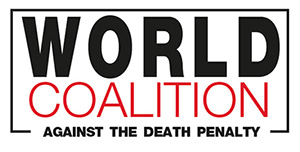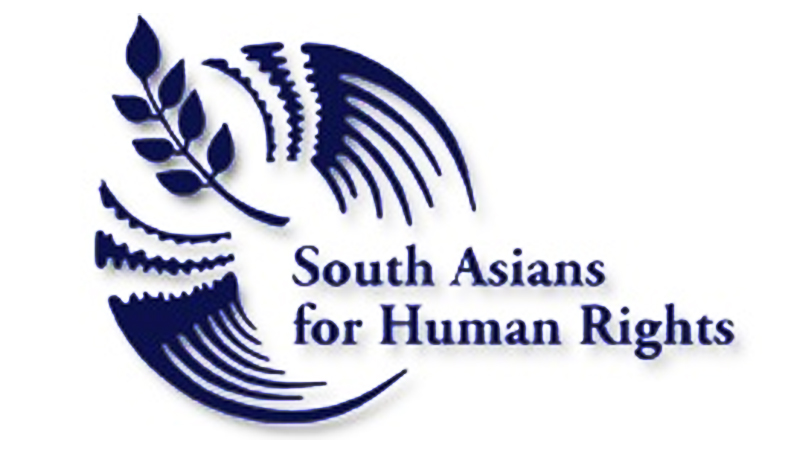Emerging Powers Succeeding in Debilitating the Human Rights Council
“By allowing Saudi Arabia to prevent international scrutiny of its conduct of air strikes on Yemen, its strategic allies not only embolden the enemies of human rights; in the long run they will help eviscerate the Human Rights Council’s mandate”, said Karim Lahidji, President of FIDH.
Beyond addressing concerns about the growing influence of Saudi Arabia within the UN (see background), its allies should ask themselves whether they are ready to let repressive governments further threaten the Human Rights Council’s integrity. The adoption of a one-sided resolution on Yemen that is focused on crimes committed by the Houthis and pro-Saleh militias and turns a blind eye to violations of international humanitarian law committed by the Saudi-led coalition in the conduct of “Operation Decisive Storm” sends the chilling message that impunity can be promoted from within the Council, if necessary by defeating competing initiatives that aim to advance accountability (see background).
“For those who value the international human rights system, the only way forward is to adopt a principled approach to independent investigations into human rights crises, wherever they occur and whoever may bear responsibility for them”, said Souhayr Belhassen, FIDH Honorary President. “This also applies to Sudan, where the grave crimes committed in Darfur, South Kordofan and Blue Nile will not be thoroughly investigated. The victims deserve better”, she added.
The resolution on Sudan adopted by the Council today fails to reflect the deteriorating human rights and humanitarian situation on the ground, especially in areas to which international investigators have not had access. The resolution’s drafting process was marked by a lack of transparency, which allowed the government of Sudan, with the support of its regional and political allies, to get away with what may amount to war crimes and crimes against humanity. States that protected the Sudanese government were never seriously challenged in their endeavor.
Regarding these two countries, the Council shied away from a principled approach based on independent scrutiny. It instead favored what has become its standard operating prodecure, weak “technical assistance” programs, whose usefulness should be measured against the concerned governments’ political will to improve their human rights record, or the energy they deploy to shield themselves from scrutiny.
The Human Rights Council, a subsidiary organ of the UN General Assembly, is the main United Nations body in charge of human rights promotion and protection. It meets in three regular sessions each year, in Geneva. Its 30th regular session took place over three weeks, from 14 September-2 October 2015, during which the Council adopted 29 resolutions (including on countries such as Syria, the DRC, Burundi, Sri Lanka or Cambodia, as well as on thematic issues, like the death penalty or countering violent extremism). Its 31st regular session will take place in March 2016.
Background
Mid-September, the Saudi Ambassador to Geneva’s role as “head” of the Consultative Group of the Human Rights Council was made public. The Consultative Group is a group of five Ambassadors who are appointed by their respective regional groups (in the case of Saudi Arabia, the Asian group) to serve in the Group, in their personal capacity, for one year. The Group reviews applications for UN “special procedures” (independent experts in charge of monitoring and reporting on countries or thematic issues) positions and interviews candidates. For each position, it establishes a list of three candidates that is then submitted to the President of the Human Rights Council. The President has the final say: he may choose to appoint one of the selected candidates, or even appoint a candidate who was not initially shortlisted by the Consultative Group. There are three rounds of interviews per year, prior to each HRC session (March, June and September), when special procedure mandate-holders are appointed. “Heading” the Consultative Group is informal, and does not give additional powers. Ambassadors who are members of the Consultative Group assume chairmanship on a rotating basis.
The Saudi Ambassador’s assumption of this role (which dates back to June 2015) raises legitimate questions about the negative role of the Saudi diplomacy in multilateral fora. FIDH has consistently called on UN member states to vote for states that run for Human Rights Council membership on the basis of their human rights record, in accordance with UN General Assembly resolution 60/251 (members of the Council “shall uphold the highest standards in the promotion and protection of human rights” – which Saudi Arabia fails to do given its abysmal human rights record). More on the work of FIDH on Saudi Arabia.
The Netherlands initially proposed a draft resolution requesting the UN High Commissioner for Human Rights to dispatch a mission to investigate violations of international law committed by all parties to the conflict in Yemen. The text was withdrawn after the Arab Group (led by Saudi Arabia) presented a competing text, which was eventually adopted and that is free from any reference to an international investigating mechanism.
– END –
Category: Media Monitoring






